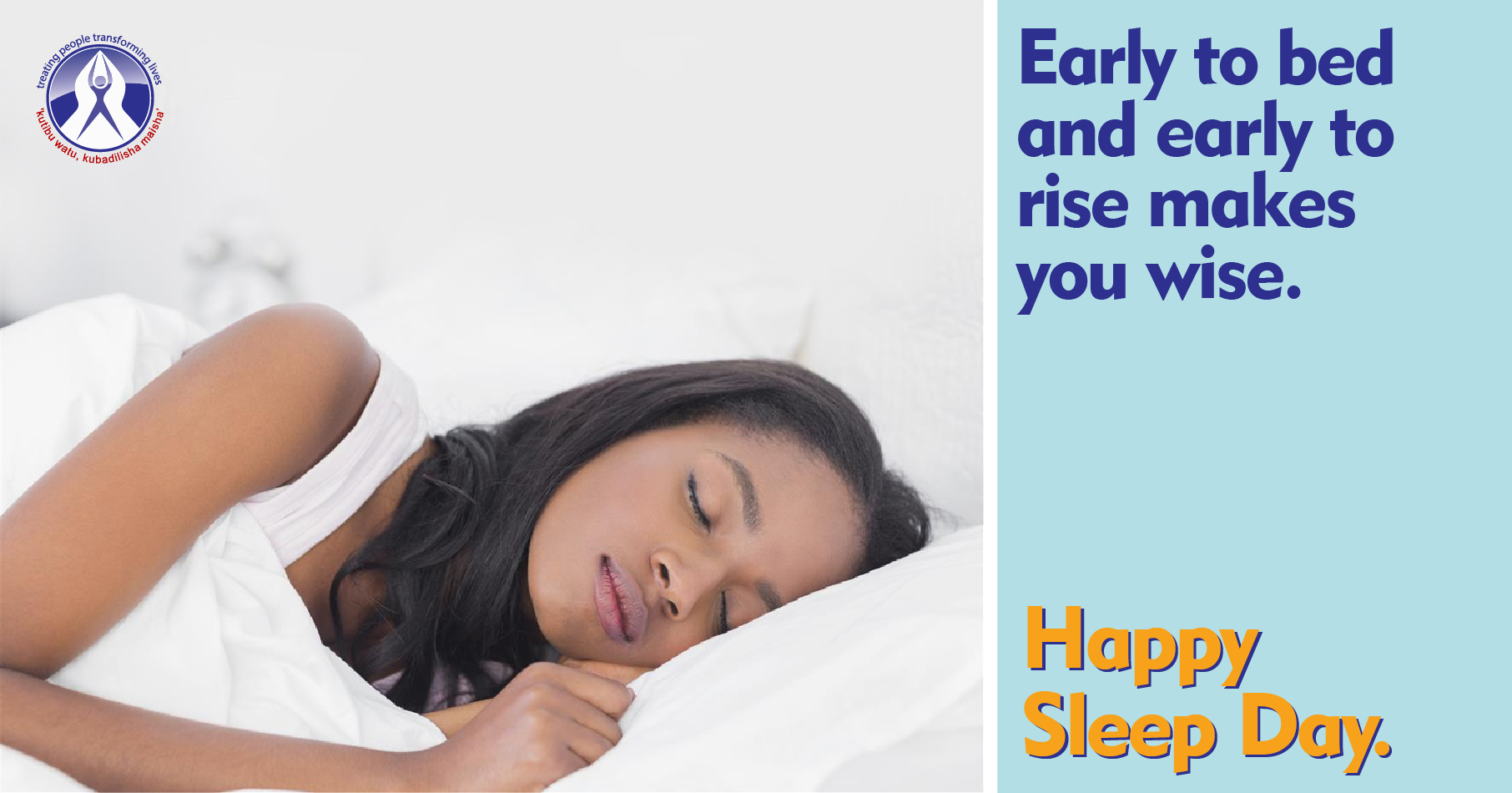Celebrate the goodness of a good Sleep this World Sleep Day
513 viewsNot all diseases are manifested in the most apparent and obvious ways. There are ones which creep into our minds and our bodies very slowly and completely turn our worlds upside down one day at a time. While it is easy to see the diseases that cause us physical discomfort in the most obvious ways, it is not so easy to spot all the problems that lack of sleep can cause.
World Sleep Day is celebrated on the March Equinox to make people the world over more aware about the serious consequences lack of sleep can cause. It also aims at helping people appreciate the gravity of the desperate need for a good sleep in the present times.
People dismiss it by saying a few hours of less sleep will not be responsible for big catastrophes but that couldn’t be farther from the truth. Sleep deprivation is an expensive epidemic and it is costing the world billions of dollars.
Studies indicate that sleep deprivation averages the expense of over $400 billion a year for the US, about $138 billion for Japan, $60 billion for Germany, and the UK and Canada spend close to $50 billion and $21 billion respectively.
These numbers are huge and indicate that there need to be definite corrective measures to be taken in order to prevent these costs and better human health on a global level. The real problem is that in most cases people don’t even report that they have a sleeping problem or a sleep disorder.
Although, most of these disorders are treatable, they can’t be treated unless the people actually report it and seek medical attention. While they continue to suffer a problem unnecessarily, this epidemic continues to haunt a shocking 45% of the total world population.
Key Factors of good Sleep
There are 3 major factors that are associated with a good night’s sleep. They are:
Duration
Usually, a general rule of thumb is that people need about 6 to 8 hours of sleep every day to stay healthy. But this figure may depend on your age, level of activity, kind of stress you are subject to on a daily basis, diet that you take and much more. To know exactly what is the minimum duration of sleep that you need, visit our Special Doctors who will be happy to help you.
Continuity
Continuity of sleep is not really a quantifiable aspect. You can’t really put a number to the continuity that your sleep has had. For example, you can perhaps tell how many times your sleep was disturbed or broken in one sleep span, but you will not be able to quantify them in terms of how big the break was. Sometimes, a break is minor where you do wake up but fall asleep almost immediately, while some breaks are major and you just can’t go back to sleep no matter how hard you try.
Depth
This is amongst the most important features of judging the quality of sleep. You know when they say someone has a “sound” sleep, they are referring to the depth of sleep that you have had. The ideal definition is that your sleep has to be deep enough to help restore you. When you wake up, you shouldn’t feel tired or lazy. A deep sleep doesn’t even break easily.
You Can Help Yourself
Become aware that most sleep disorders can be rectified by changing some behaviours by yourself. However, if the problems persist, visit our physicians and get treated straightaway. Meanwhile, these are the few things that should help you immediately.
- Have a fixed sleep schedule. Sleep on the designated time and wake up at the scheduled time only.
- Avoid Sleeping in the day. If overly exhausted, do not snooze for more than 30 minutes.
- Do not smoke or drink at least 4 hours before bedtime. It might help you fall asleep immediately but will be the reason of waking you up in a few hours.
- Avoid Caffeine in all forms. If you can’t seem to live without it, at least ensure that you do not have any caffeinated product at least 3 hours prior to your sleep.
- Exhaust your body. Get into a regular exercise pattern, but definitely not just before bedtime. You don’t want an elevated heartbeat or heightened alertness when you hit the bed.
- Do not work on bed. Reading a book for leisure for a while may be a good practice, but do not read with objective, work with a purpose or write for any goal when in bed.
- Keep away from smartphones at least 30 minutes before bed.
If all of this doesn’t help and you still have any issue falling asleep, are subject to sleep apnea or insomnia, do not delay in visiting our special physicians who can help you get your sound sleep and increase your overall quality of live quickly. At Regency Medical Centre, our focus has always been your comfort and happiness.

